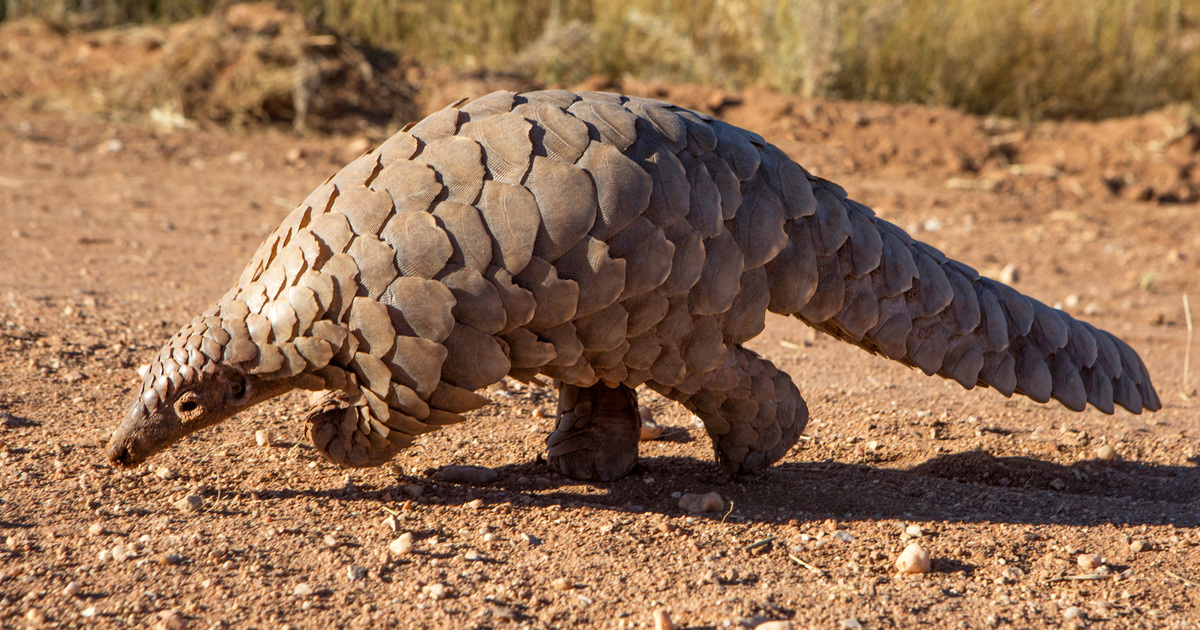- According to Section 49 of the Wildlife Conservation and Management Act CAP 376, KWS is mandated to collaborate with stakeholders in formulating and implementing species action plans.
The Kenya Wildlife Service (KWS) Director of Wildlife and Community Service, Prof. Charles Musyoki, has officially launched the First National Recovery and Action Plan for Pangolins in Kenya for the years 2024-2028. The event held virtually on October 9, 2024, featured a webinar session that included a moderated panel discussion focused on pangolin conservation.
Pangolins are nocturnal animals recognized by their full armor of scales. They are ranged from vulnerable to critically endangered. 4 species live in Africa, namely: Black-bellied pangolin (Phataginus tetradactyla), White-bellied pangolin (Phataginus tricuspis), Giant Ground pangolin (Smutsia gigantea) and Temminck's Ground pangolin (Smutsia temminckii).
Pangolins are usually hunted for food in countries like Vietnam and China. Their scales are also used in traditional medicine allegedly to cure diseases. Their skins are also used to process leather products.
According to Section 49 of the Wildlife Conservation and Management Act CAP 376, KWS is mandated to collaborate with stakeholders in formulating and implementing species action plans. This initiative aims to address the urgent need for conservation strategies for pangolins, which play a crucial role in the wildlife food chain and contribute significantly to Kenya's economy through tourism.
In his remarks, Prof. Musyoki emphasized that the National Recovery and Action Plan aligns with Strategic Goals 1, 2, and 3 of the KWS Strategic Plan for 2024-2028. “Our vision for the Pangolin Action Plan is to ensure well-conserved, viable wild populations of the three species of pangolin found in Kenya, recognizing them as valued national and world heritage,” he stated.
Read More
The Pangolin Action Plan outlines six key strategic objectives, accompanied by priority projects aimed at tackling the various challenges faced in pangolin conservation within the country. By developing this comprehensive plan, Kenya positions itself to deliver a coordinated approach to pangolin conservation, addressing knowledge gaps and informing effective actions to mitigate threats. Furthermore, it establishes Kenya as a regional leader in pangolin conservation efforts.
The launch of this action plan marks a significant step forward in the commitment to protect these unique creatures and ensure their survival for future generations.







